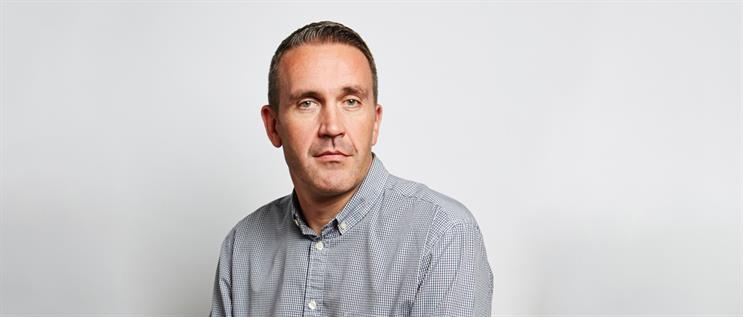Nothing unusual about that, given we’re a creative agency and they had a creative problem. What was unusual, was that they didn’t want to pay for the work. At least, not in the conventional sense.
They were a start-up company with a big idea. To revolutionise the way consumers buy mobile phones in the UK. To make it quicker, cheaper and hassle-free. At present, they said, British mobile phone owners are being ripped off to the tune of £5.4bn a year. That’s not a typo. Consumers are sold inflexible 24 month contracts by commission-hungry salesmen, tariffs with airtime they’ll never need and are presented with "free" phones that are anything but, unless your definition of "free" includes a 45% APR loan.
92% of pay monthly customers are on the wrong contract for their needs
The proposition was to create an entirely consumer-centric model, that splits the purchase of the phone and the SIM, so ensuring customers are on the right tariff for their usage.
Currently an astounding 92% of pay monthly customers are on the wrong contract for their needs. The founders estimate they can save the average consumer £330 over a two-year period. I was sold in seconds on the model.
Death of a timesheet
As to accepting their proposal on swapping fees for equity, I needed even less convincing. Our industry spends endless hours debating the life and death of the timesheet.
In my opinion, timesheets are a necessary evil – necessary because they help costing, costing justification and forecasting. Evil because the quicker you work, the less you get paid. They reward the slow and cumbersome, rather than the fleet-footed and agile. And billing time means agency compensation is never correlated to business impact.
Being an equity partner builds trust. It feels like a partnership in every sense
We were looking for a better balance, a utopic combination of timesheet led billing, value led billing and "equity for creativity" partnerships.
Partnerships that allow us to partner with experts in a market who need a collaborative, creative partner. We’ve no interest in evolving to become a retailer, a distributor or an agent, simply evolving as a creative agency, full stop.
Which was the attraction of the ask in this case – we bring creative expertise across a broad range of disciplines, from brand identity to content development, while other experts bring their product, legal and commercial minds to the table.
A progressive way forward, that recognises the value of the creative input, rather than the time involved in creating it. If the brand does well, we’ll share in its commercial success. If it doesn’t, we’re part of the problem and need to react and adjust. It’s going to work though, believe me.
A deal with a defined scope of work and a cost estimate against delivering it was agreed. That was our investment. Other high profile investors put in cash and we agreed the equity percentages on this model.
Agency wise, we decided to use time that would typically be spent on pitching or speculative work to create and develop the new brand, so the time was always positive and productive, with no impact on our P&L.
A more efficient model
One year on in a remarkable journey and has been live for two weeks. In that year, we’ve written the brand strategy, developed naming and identity, secured URLs, designed a huge e-commerce site, launched social channels, created a content plan including seven films and a launch communications strategy. Everything you’d expect us to do. But in my opinion, we’d only have achieved half as much if there was money and timesheets involved.
The process has been a model of efficiency, of challenge and of creativity without compromise. It’s provided numerous learnings for the agency and how we work together with clients in the future.
Being an equity partner builds trust. It feels like a partnership in every sense. The three founders asked me to act as marketing director for the brand, effectively the client in charge of approving my own agencies work.
They trust us 100%. We keep them fully informed but invariably they run with our recommendation – the expertise they recruited us for. They even moved into the same building to make communication as easy as possible. Our team has been energized by the trust, the creative freedom and the pace of the project. They’ve developed a deep understanding of the marketplace in order to deliver the brand solution.
There’s been no overthinking on brand architecture and strategy, no worry about managing internal stakeholders and career paths, nor endless arse covering focus groups. All of the typical barriers that slow projects down or dilute the end product have been removed.
Removing money maintains trust. One all-encompassing scope of work driven at one ambitious end goal, rather than fractured projects where the sum is often less than the whole of the parts. Every conversation therefore is about maximizing impact and engagement, rather than debating why an account manager is spending ten days on the job when surely they can cover the work in eight?
Will be a success? The honest answer is that I don’t know. We’re a start-up trying to disrupt a world of globally recognised brands with demand creation budgets of hundreds of millions of pounds. What I do know is that disrupting the model has given us every chance.


